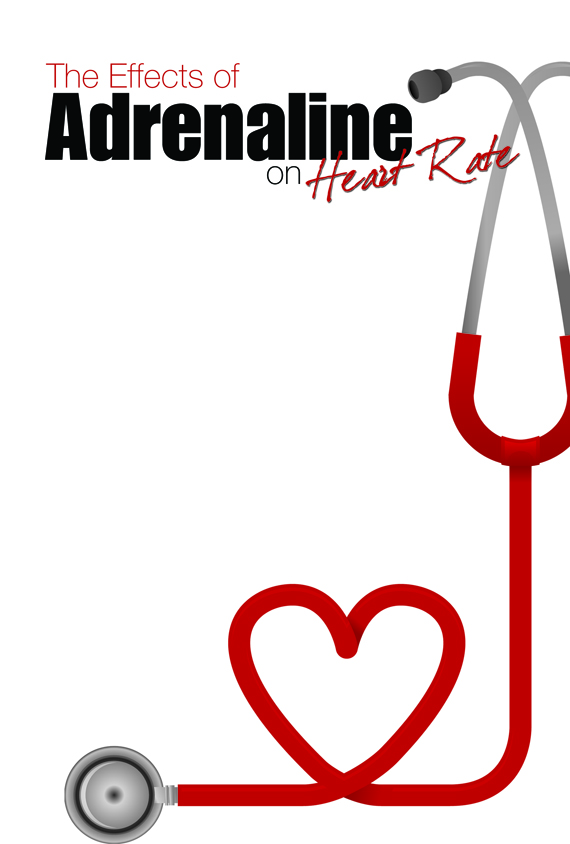Have you ever fled for your life with your heart rate so fast you could actually hear it? Or ran down the block when you were late for a meeting with no cab in sight? Very often, we find that sudden surge of ‘booster energy’. And you wonder how you, a ‘no-sports’ person, suddenly turned sprinter. All credit goes to that wonder hormone called adrenaline (also called epinephrine).
Definition
Adrenaline is a hormone that is secreted by the adrenal medulla. In situations of stress or fear, it’s released into the bloodstream and enables a person to take stock of the situation by giving a sudden boost of energy and strength.
Fight or Flight Syndrome
Adrenaline prepares the body for the ‘fight or flight syndrome’. In most movies, you see the battered and bruised hero rise from the ashes with a sudden boost of energy to fight the enemy and stand victorious. That’s adrenaline at work. Anxiety, fear, anger, and surprise cause the secretion of this wonder stimulant. The heart beats faster; cardiac output is more, and the body feels stronger and more energetic.
Effects of Adrenaline
When adrenaline is released, one of its effects is increased heart rate. This is because in a ‘fight or flight’ situation, the person decides if he should stay and fight the problem or run for his life. Both these activities need extra energy and oxygen. The brain senses this and sends signals to the adrenal glands (located on top of the kidneys), which secrete adrenaline into the bloodstream. The heart rate increases as the body girds itself for what it is about to do: fight or run. The blood vessels and air passages dilate, allowing more blood to the muscles and oxygen to the lungs.With adrenaline, you are physically in best form for a short period of time. Try completing the same activity in a calm situation, and you will find your performance is much slower and your heart rate and blood pressure normal. This is because adrenaline is secreted for impromptu situations where the body makes immediate decisions.
Anxiety Attacks However, when you experience surges of adrenaline without any imminent danger or fear, it is discomforting. These are called anxiety attacks, where you have a ‘fear of fear’. You worry about something that is not in front of you, and when the brain senses fear, adrenaline is released, and you feel like running to a safer place. Psychologists say the best cure for this is to convince yourself there is nothing wrong with you or your situation. Look around and talk to your brain, assuring yourself that you are in control. Once the adrenaline wave has passed, your heart rate will return to normal. As it’s the mind that’s at play here, this usually works. However, if it does not, it is best to consult a doctor to rule out other possible physical ailments.
Source:
3 fat chicks
on a diet!
www.3fatchicks.com


